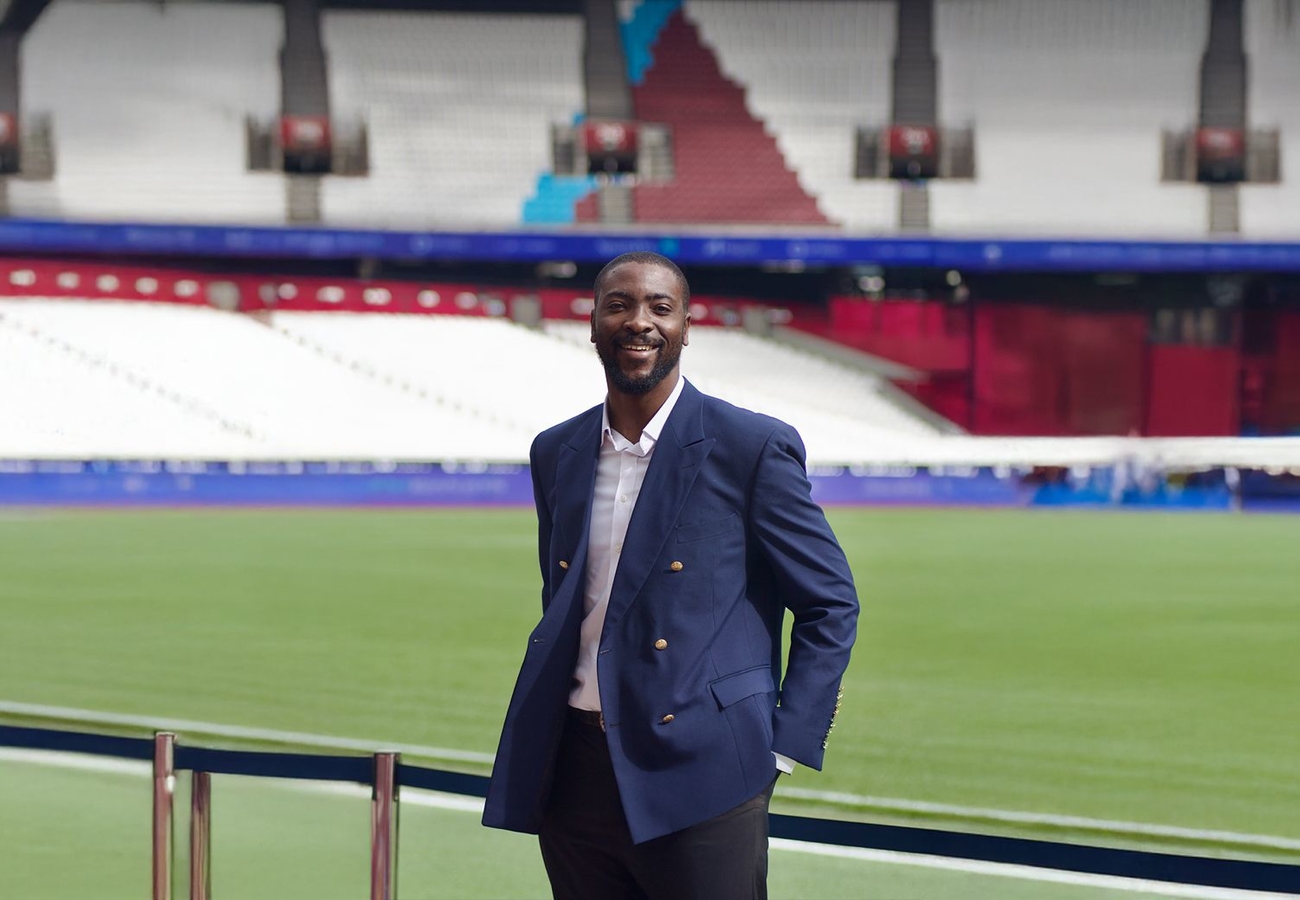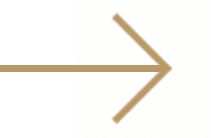Crossover: Rudolf Dema
(FIFA Master 25th edition)

Sometimes the right path only reveals itself after trying several different roads.
Such has been the case for Cameroon’s Rudolf Dema. Growing up in a military family, Rudolf found himself moving frequently throughout the country as a child due to his father’s career as a soldier, often finding temporary homes with his relatives. “Perhaps that’s what exposed me to the various cultural differences in Cameroon,” Rudolf reflects. “Thinking back now, I was exposed to various stimuli but not really conscious about my environment. I just knew I was moving, seeing different regions, but I was not really immersed in the culture or experiences of the places.” While the various moves granted him exposure to different cultures throughout his home country, this impermanence also instilled in Rudolf a sense of independence at an early age.
Moving between cities in Cameroon also impacted Rudolf’s educational experience, challenging him to adapt between different educational systems. In one instance, Rudolf was charged with repeating a few levels upon moving to the capital city. “I took an evaluation, and we saw that my level at the time was supposed to be class two instead of four, so I bumped two classes down,” he remembers. “But it was okay. I caught it very fast. I was speeding up and everything, so I didn’t see it as an issue.”
For many, a scenario like this could feel like a significant setback, but for Rudolf, his nomadic nature as a child helped him navigate the situation without feeling overwhelmed. “It didn’t mean much to me because, when I moved schools, it wasn’t as if I was being separated from my friends.” He adds with a smile, “I just hadn’t made them yet.”
Rudolf was first introduced to football in primary school, but it was in secondary school that he began playing more frequently. His love for the sport grew as he took on a defensive role in five-a-side matches, enjoying the thrill of the game. However, frequent injuries soon became a concern for his parents. “My dad would say to me, “every time, you come home with bruises. Why not look for something other than football?’” A transition from defense to goalkeeping meant less frequent scrapes. “I felt like it was safer because I didn’t have to be as mobile. That was my thinking at least,” he said of his new post. “And quite frankly, the other guys on the pitch were much more talented, so it just felt like the right place to be.”
Around the same time, a neighbour invited Rudolf to play basketball. Though he didn’t think much of it at first, he took the ball home and started experimenting with the sport. As he transitioned into high school, Rudolf “put football behind” given the more competitive nature of his school’s team (who already had a talented starting goalkeeper), but it also afforded him the opportunity to be more involved with basketball. At the time, basketball was still growing in popularity across the country. “Surprisingly, in my generation, basketball had just started becoming a big thing—something more people were interested in watching,” he recalls. It’s almost as if I found myself doing the right sport at the right time,” he reflects. “At that point there was this shift, and I decided this is something I'm going to do – and I'm good at it. I'm going to train really hard for four months and it’s going to be my thing.”
Rudolf excelled on the basketball court over the next several years and into university, even though his university didn’t compete in a recognized league against other schools. However, Rudolf was part of the history-making team that competed valiantly against the legendary seminarians – ultimately leading administrators to enroll their teams in the university games. “We convinced the school that this team was not just a couple of boys who are having fun playing basketball. No, we are good.”
While his basketball achievements at university were notable, Rudolf’s academic journey also took shape, leading him to explore new interests and eventually discover a passion for geography and environmental science. Initially, Rudolf’s path seemed destined for a career in medicine, as his father hoped he would be able to pursue the passion he wasn’t afforded with his military responsibilities. “My dad always wanted me to be a doctor. I did one year of pre-med,” he recalls. However, Rudolf soon realized that medicine wasn’t the right fit for him. After his pre-med faculty moved to another city, he decided not to continue, recognizing that it wasn’t his path.
Instead, his curiosity led him to explore geology, sparked by a conversation with someone who mentioned that geologists were in high demand in Cameroon. When the university's geology programme wasn’t yet available, he was advised to take geography as a steppingstone. Over time, Rudolf found himself more drawn to geography, where he began to connect with the broader environmental concerns that shaped his academic focus at the master’s level. His master’s degree in environmental risks and human security introduced him to the United Nations Sustainable Development Goals (SDGs). “I do know them very well by heart because we did a lot of projects related to that in class,” he says. This foundation in sustainability and development have proven invaluable in the FIFA Master programme, where understanding legacy and sustainability are increasingly crucial.
Rudolf’s professional journey began with a series of internships and roles that provided him with practical experience, such as roles with the Global Public Policy Institute, Forest Stewardship Council, and Fairtrade International. These early roles, though not directly related to his studies, provided him with essential skills like data analysis and project management.
As his professional journey unfolded, a moment of introspection led Rudolf to reconnect with his passion for sports and steer his career toward sports management. One day, while watching a group of children play basketball, he had an epiphany that reignited his love for the sport. “I saw myself literally seeing how I used to go to the basketball court, not even as if I was playing, but just watching other people play. I was lost. I thought to myself ‘These were really good times,’” he recalls, remembering how the sport had been both a joy and a form of therapy in his own life.
This experience sparked a deep desire to be involved in the world of sports once again, but this time, he wanted to make it his career. "I started Googling sports management programmes in Europe.” His search led him to the FIFA Master. Just as he had set his mind on making the starting lineup for his basketball team, the programme was now permanently in his sights. Rudolf’s decision to pursue sports management wasn’t just a career move; it was a way for him to merge his passion for sports with his professional skills.
The FIFA Master programme has marked a significant milestone in Rudolf's journey. His wide range of experiences, from working with NGOs to being involved in sports at different levels, has equipped him with the necessary skills to work with diverse stakeholders. The unique interdisciplinary approach of the programme has allowed him to further hone his understanding of the global sports industry, particularly in legacy and sustainability – issues that resonate deeply with his background. “All those experiences will help me in the sports world, especially when it comes to working with diverse stakeholders and understanding global challenges,” he reflects.
Rudolf’s journey offers a valuable lesson. Every step, pivot, and decision along the way, however uncertain, has played a crucial role in shaping who he is today. His story is a reminder that one’s career trajectory and passions aren’t always linear; sometimes, the right path only becomes clear after taking a few important detours. In the end, it’s not about finding the perfect path – it’s about having the courage to explore every twist and turn along the way.
By Geneva Decker
FIFA Master 25th edition student
FIFA Master - International Master in Management, Law and Humanities of Sport, ranked Europe's No.1 course a record 12 times by SportBusiness.
FIFA Master - 25 years of Excellence in Sport Business Education - organised by CIES in partnership with De Montfort University (UK), SDA Bocconi School of Management (Italy) and the University of Neuchâtel (Switzerland).









